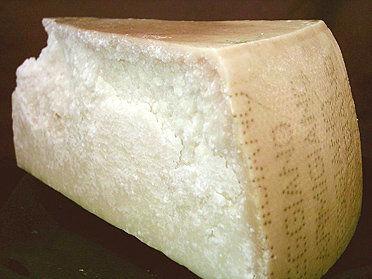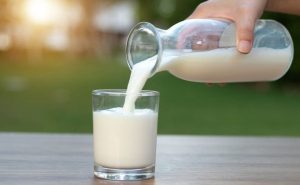In a letter to U.S. Trade representative Robert Lighthizer and USDA Secretary Sonny Perdue, the lawmakers urged the administration to swiftly use consultation and enforcement measures to ensure Canada and Mexico deliver on all their obligations related to dairy products.
The effort was led by House Agriculture Committee Chairman Collin Peterson, D-Minn., and Reps. Ron Kind, D-Wis.; Tom Reed, R-N.Y.; Glenn “GT” Thompson, R-Pa.; Anthony Brindisi, D-N.Y.; Russ Fulcher, R-Idaho; Xochitl Torres Small, D.-N.M; and Anthony Gonzalez, R-Ohio.
Of specific concern are Canada’s administration of dairy tariff rate quotas and elimination of its Class 6 and 7 dairy pricing programs and Mexico’s compliance to market access for U.S. cheeses with common names.
Those concerns have been raised by U.S. Dairy Export Council and National Milk Producers Federation even before USMCA was implemented.
In June, Canada announced TRQ allocations that appear to run counter to several USMCA provisions, Shawna Morris, vice president for trade for both organizations, told Capital Press in July.
The TRQ are “overly tilted toward Canadian processors who in many cases have a disincentive to import competing product, particularly higher value products,” she said.
For example, 80% to 85% of the quantities for all the dairy TRQ have been granted to Canadian processors, leaving a small amount for distributors and cutting out retailers who have the strongest incentives to purchase U.S. product, she said.
The Class 6 and 7 pricing programs artificially lower prices for Canada’s domestic milk ingredients to domestic processors to discourage imported ingredients.
As for Mexico, the U.S. industry wants to be sure it abides by its commitments to protect access for U.S. cheeses with common food names, such as parmesan. Two USMCA side letters established new protections for those products to combat efforts by the EU to seize exclusive use of common names in the Mexican market.
Strong demand for U.S. dairy abroad drives economic growth and creates jobs in the U.S., Tom Vilsack, president and CEO of USDEC, said in a press release following the congressmen’s letter to the administration.
“USMCA is designed to allow the U.S. industry to fulfill this demand from two of our largest dairy customers, and we cannot allow Canada or Mexico to undermine the important gains secured in this trade deal,” he said.
USMCA represents new opportunities for dairy farmers and processors after years of rural recession and the new challenges of the current crisis, Jim Mulhern, NMPF president and CEO, said.
“We must utilize USMCA’s enforcement mechanisms to bring home its hard-fought wins for America’s dairy farmers,” he said.
If implemented as negotiated, the International Trade Commission estimates USMCA will increase U.S. dairy exports by more than $314 million annually.













